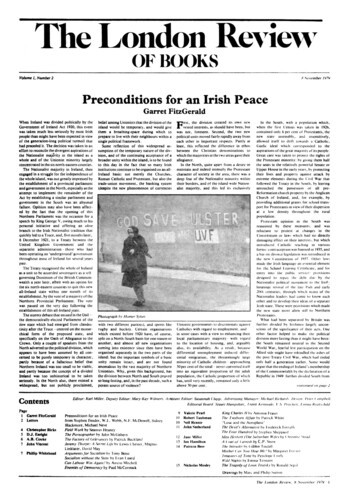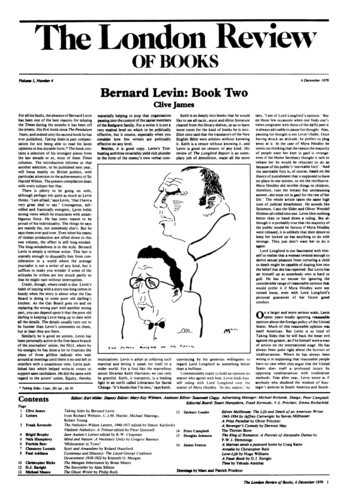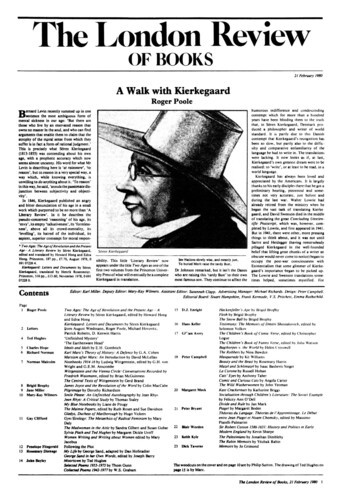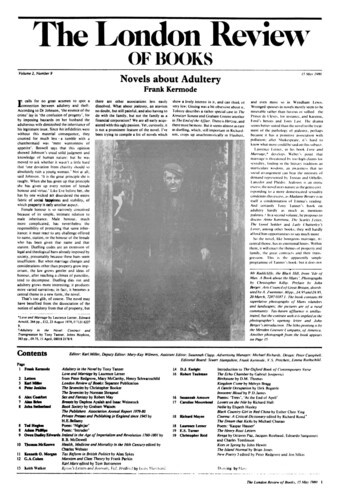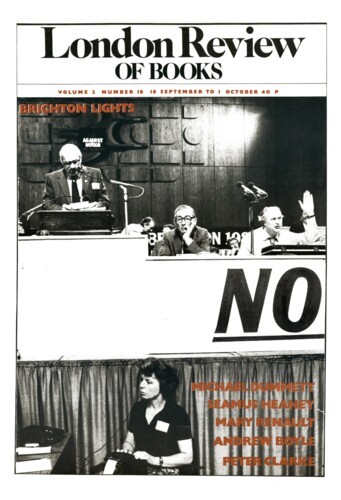Proust remarked that, like microbes and corpuscles, theories and schools devour one another and by their warfare ensure the continunity of life. I doubt, though, that the present is a time for schools or manifestos, whether grandly or modestly styled. ‘Acmeists’, ‘lmagists’, ‘Parnassiens’, ‘Symbolists’, ‘Projectivists’ – these days the words ring out like great ancient bells, in a secularised city. The group most frequently referred to in Britain during recent decades, and more often than not with only moderate enthusiasm, was ‘the Movement’ (a title, not invented by its members, whose simplicity suggests either considerable potency or abject poverty), and the most notable thing about it, except as concerns sociologists and culture-historians in search of a footnote, was the nonchalance with which, after a brief cohesiveness, its members went their separate ways. The best movement is one that doesn’t move far in the same direction.
Proust remarked that, like microbes and corpuscles, theories and schools devour one another and by their warfare ensure the continunity of life. I doubt, though, that the present is a time for...
